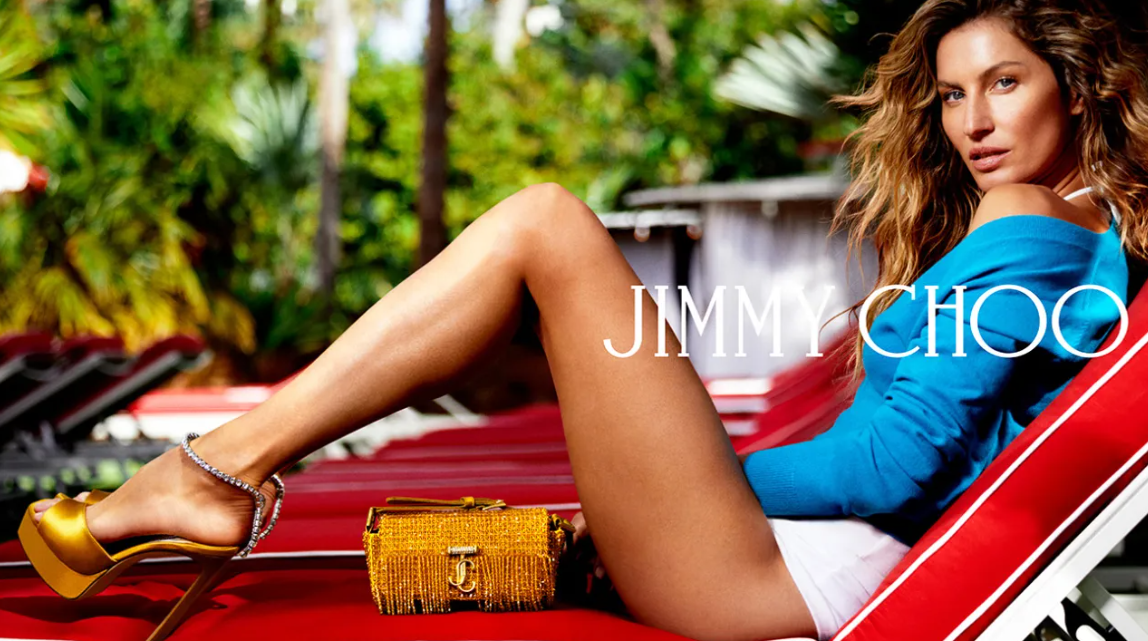Tapestry Acquiring Capri in $8.5 Billion Deal
Tapestry Inc. is buying Capri Holdings in a roughly $8.5 billion deal that alters the fashion landscape and remakes the world of accessible luxury handbags.
The acquisition brings together Tapestry’s Coach, Kate Spade and Stuart Weitzman with Capri’s Michael Kors, Versace and Jimmy Choo to create a $12 billion giant.
It’s a transaction that marks the culmination of years of deal making by both companies and is the closest America has yet come to building a branded portfolio powerhouse in the image of LVMH Moët Hennessy Louis Vuitton or Kering, which posted 79.2 billion euros in sales, and 20.35 billion euros in sales, respectively, for 2022.
The combined company will have a much larger footprint to command attention and can also cut corporate overhead to the tune of $200 million for leaner operations. Having a larger portfolio means more stability, with stronger brands able to provide some cover when any one brand lags.
The combined company will have more than 33,000 employees and operate in 75 countries and last year produced adjusted operating profits of nearly $2 billion.
The combined company will operate in 75 countries and last year produced adjusted operating profits of nearly $2 billion.
Joanne Crevoiserat, chief executive officer of Tapestry, said: “We are ready to leverage our competitive advantages across a broader portfolio of brands. The combination of Coach, Kate Spade, and Stuart Weitzman together with Versace, Jimmy Choo, and Michael Kors creates a new powerful global luxury house, unlocking a unique opportunity to drive enhanced value for our consumers, employees, communities, and shareholders around the world.”
And John D. Idol, chairman and CEO of Capri, said: “Today’s announcement marks a major milestone for Capri. It is a testament to all that our teams have achieved in building Versace, Jimmy Choo, and Michael Kors into the iconic and powerful luxury fashion houses they are today. We are confident this combination will deliver immediate value to our shareholders. It will also provide new opportunities for our dedicated employees around the world as Capri becomes part of a larger and more diversified company. By joining with Tapestry, we will have greater resources and capabilities to accelerate the expansion of our global reach while preserving the unique DNA of our brands.”
Under the deal, Tapestry is paying $57 a share, reaching an enterprise value of $8.5 billion. That represents a deal price of 9-times adjusted EBITDA.
Under the deal, Tapestry is paying $57 a share, or $6.7 billion to Capri’s investors, giving the company an enterprise value of $8.5 billion. That represents a deal price of 9-times adjusted earnings before interest, taxes, depreciation and amortization.
Tapestry said the deal was not subject to new financing, as it has already secured $8 billion in bridge financing from Bank of America and Morgan Stanley Senior Funding. The company, however, will suspend its share repurchase activity to pay down debt and anticipates having a leverage ratio of below 2.5-times debt-to-EBITDA within two years of closing.
The deal will bolster Tapestry in the luxury category with Versace and Jimmy Choo, and expand greatly on the more accessible price points that Coach targets with Michael Kors.
“Versace and Jimmy Choo are both powerful additions that can be nurtured and swung into growth fairly easily,” said Neil Saunders, managing director of GlobalData. “The Michael Kors brand, which is the biggest part of Capri Holdings, is more problematic. Its positioning and distribution are not fully optimized, and this has been reflected in its continued weak performance.
“Tapestry has plenty of experience of reviving problem brands from its turnaround of Coach, which had become ubiquitous and sullied through constant discounting and promotions,” Saunders said. “Kate Spade was also in a similar position when Tapestry acquired it and is now emerging in positive form from a successful reinvention. The same thinking can arguably be applied to Michael Kors, but the more complex nature of the brand will make any revival much more difficult and time consuming.”
Ike Boruchow, an analyst at Wells Fargo, said the deal is “obviously transformational for Tapestry and reshapes the landscape of the handbag space, particularly in the US. The addition of Michael Kors cements Tapestry as the number one player in the accessible luxury handbag market in the U.S. by a wide margin.”
